uSchema
uSchema is a plugin that makes it easy for WordPress users and developers to add complex metadata and structured data to their website in a streamlined manner. uSchema is both simple and powerful.
In addition, uSchema incorporates schema.org and the Google structured data guide within the backend of the plugin, which will assist you in quickly comprehending each and every phase as well as option.
Automate structured data markup
Just a few tweaks more, and your schema will be ready to go. It is not necessary to bring in an expert for the completion of this task. You are able to accomplish it on your own. You just need to make a few clicks here and there, and then you’re all set. uSchema will continue to automatically apply schema to all of your older as well as newer posts.
Documentation
uSchema has detailed documentation for its schema, which might assist you in getting started. The documentation is continuously getting better. No matter what your level of expertise is, our documentation can be of assistance to you. There is a portion for you if you already know a lot about schema, and if you don’t know anything about how schema operates, you will feel right at home in this area.
SEO
You only need a single plugin for on-site SEO, and that plugin is uSchema. It will make your website more accessible to search engines by providing them with rich data. You have a significant increase in the likelihood of moving up in rank on Google and other search engines. The content that you want Google bots to read on your website is read by those bots, and it displays correctly in searches that are connected to your website.
Increase in CTR
You may improve your visibility on search engines by using uSchema. You have the option to display your site navigation within the search results. You will also have the opportunity to display the search box for your website on the page that contains the results of a Google search. When users see your website appear on Google with additional information, they are more inclined to go through to your site. uSchema will assist you in displaying your material in the appropriate location on Google search results pages. Your website will look even more appealing to visitors as a result of this change.
All Post Types
uSchema is compatible with each and every post type that WordPress has ever had. Regardless of the method that was used to make it. It might have been added by a plugin, or it could have been begun by a theme. That concern has been addressed by uSchema. With this post, you’ll be able to configure the schema. If that article uses the default method for creating custom fields in WordPress, uSchema will be able to utilise those fields.
Add Custom fields (Fields for properties)
You are able to incorporate user-defined fields into schema properties using uSchema. And at a later time, you’ll have the option to display these fields on the website’s front end. You can avoid the hassle of installing separate plugins for posts that contain additional information by selecting this one option instead. You have the ability to change your regular post into anything you’d want. The schema as well as the front end have been updated to include all of your additional information.
JSON LD
The use of JSON-LD for the addition of schema was suggested by Google. Your website’s page performance is ensured by the incorporation of JSON-LD into the website’s footer. The JSON-LD syntax has been verified and found to be compliant with the structured data testing touls used by Google and Bing.
Highly Optimised
uSchema is highly optimised to increase the speed of both the front-end and the back-end of your website while minimising the amount of clutter that is present. In contrast to the practises of many schema plugins now available on the market, we have taken care not to incorporate any external requests. The fact that all schema types are already incorporated into plugins eliminates the need for the plugins to constantly connect to other services in order to obtain information. But don’t let that throw you off, plugins just use the portion of the file that they require to enhance the efficiency of the plugin backend without requiring too much processing.
For the front end plugin, all schemas are contained in a single JSON-LD file. So you don’t have unnecessary HTTP requests. regardless of the number of schemas that are contained inside each page. Everything is included in a single file.
Features
SEO Ranking
Search engines of today do not simply look for words; rather, they look for the specific type of material that the user is looking for. Schema is a markup language that you can use to communicate with search engines about the content of your website. With the assistance of schema markup, search engines are able to comprehend the content of your website and provide results that are pertinent to the user’s needs.
Automatic Schema for existing content, no need to change existing posts / products / events
When it comes to implementing the schema, uSchema is a pretty versatile plugin that gives you a lot of options. You do not need to make any changes to the themes or plugins you are currently using.
Configure and forget
If you are using uSchema, you won’t have to keep checking the status of your schema settings to make sure they are still functioning properly. You only need to configure it once, and then it will work properly for the duration of the life of your website.
Site-wide Schema for ranking climb
uSchema is a tool that will assist you with including site-wide schema for your primary website identity. This helps your website appear higher in the search results for relevant terms. You are able to add schema very easy for:
- Organization
- Website
- Person
- Contact point
uSchema provides you even more options to configure.
Multiple schema types
This plugin enables the configuration of several schema types for each CPT, including but not limited to:
- Include supplementary schema for the book product in your offering.
- In addition to the article, you need add the recipe schema to your post.
WooCommerce compatible
uSchema is completely compatible with the items and archives offered by WooCommerce. You have the capability of adding new schema types for different kinds of items, such as books and vehicles.
Taxonomy level schema
Both the configuration of a single taxonomy page and the display of taxonomies as schema properties are both possible with uSchema. i.e. you have the option to set a post’s Category to display the cuisine type of a recipe.
Archive Schema
You will be able to generate the schema for the archive page with the assistance of uSchema. Additionally, you have the capability of adding items from archives to a single items list. Additionally, you have the ability to retrieve all schema information from all posts and display it on the archive page.
Breadcrumbs
Ability to define the base trail for breadcrumbs; trails can be changed to be based on categories or post tags, depending on your preference.
Builtin cache system for speedy page load
The uSchema caching system is built in, and it generates schema files for the pages and posts, then caches them so that fewer requests need to be fulfilled. It speeds up the process of loading the page.
Graph schema ability
The use of graph schema might assist you in connecting different schema objects with one another. You are able to tie the identity of your website with products, pages, and posts thanks to the capability of graph schema.
Frontend display of fields
uSchema may be used for more than just inserting schema into your articles. You have the ability to display properties to the front-end of your website, provided that those were not displayed previously. By doing so, you may verify that the information contained in your HTML is reflected in your schema. It helps ensure that you comply with the recommendations provided by Google about the implementation of schema.
Display properties using action hooks, filter hooks and shortcode
uSchema’s front-end appearance of property fields can be customised with its advanced options. In order to display fields, you can make use of hooks, which can either be action hooks or filter hooks. In addition, you can display fields on the front-end of your website by using a shortcode in the appropriate place. This method is suitable for use with any post type or theme.
Site-Wide identity schema with easy config
Additional configuration options allow for the simple implementation of site-wide schema with uSchema. You will not have any trouble adding the vast majority of site-wide schemas.
Search box Schema
You can display your search query URL to search engines with the assistance of the search box. In this approach, the search engines will be able to include a search box for your website on the page that displays the results of a search.
About-us page SEO Schema
You can add a about us page in schema so that search engines will be able to display information about your firm directly on the page that displays search results.
Contact page rich data for search engines
The contact page format tells search engines like Google and Bing how to get in touch with a business or website.
Site navigation schema to show quick links search results
You can select the navigation menu for your website with the assistance of site navigation schema. Displaying your website’s navigation just beneath the results of a search on that website is helpful to search engines. This makes the appearance of your search results more appealing, which in turn boosts your click-through rate (CTR).



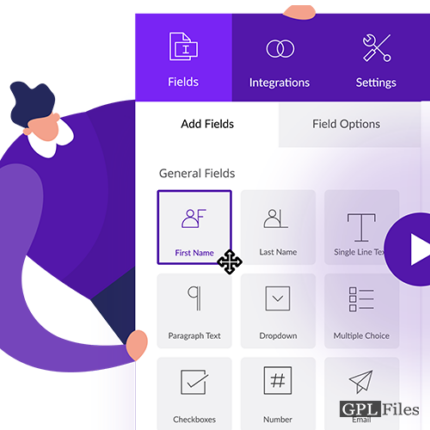
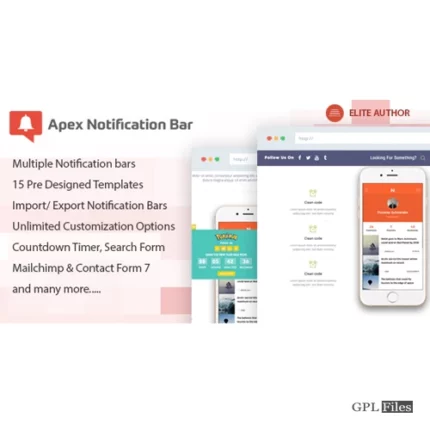
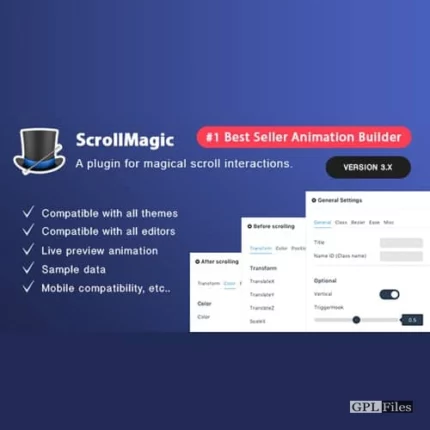




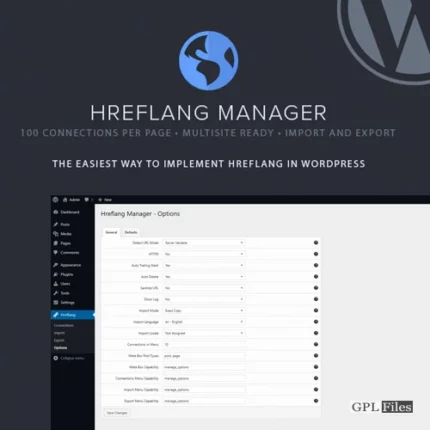
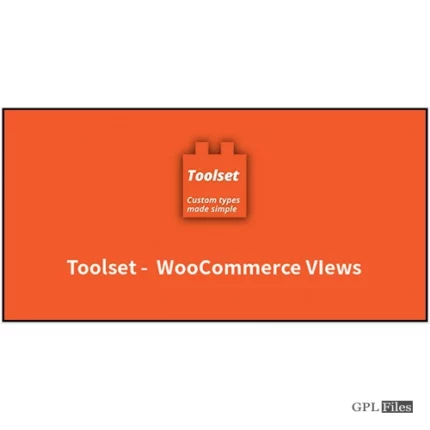



Jack (verified owner) –